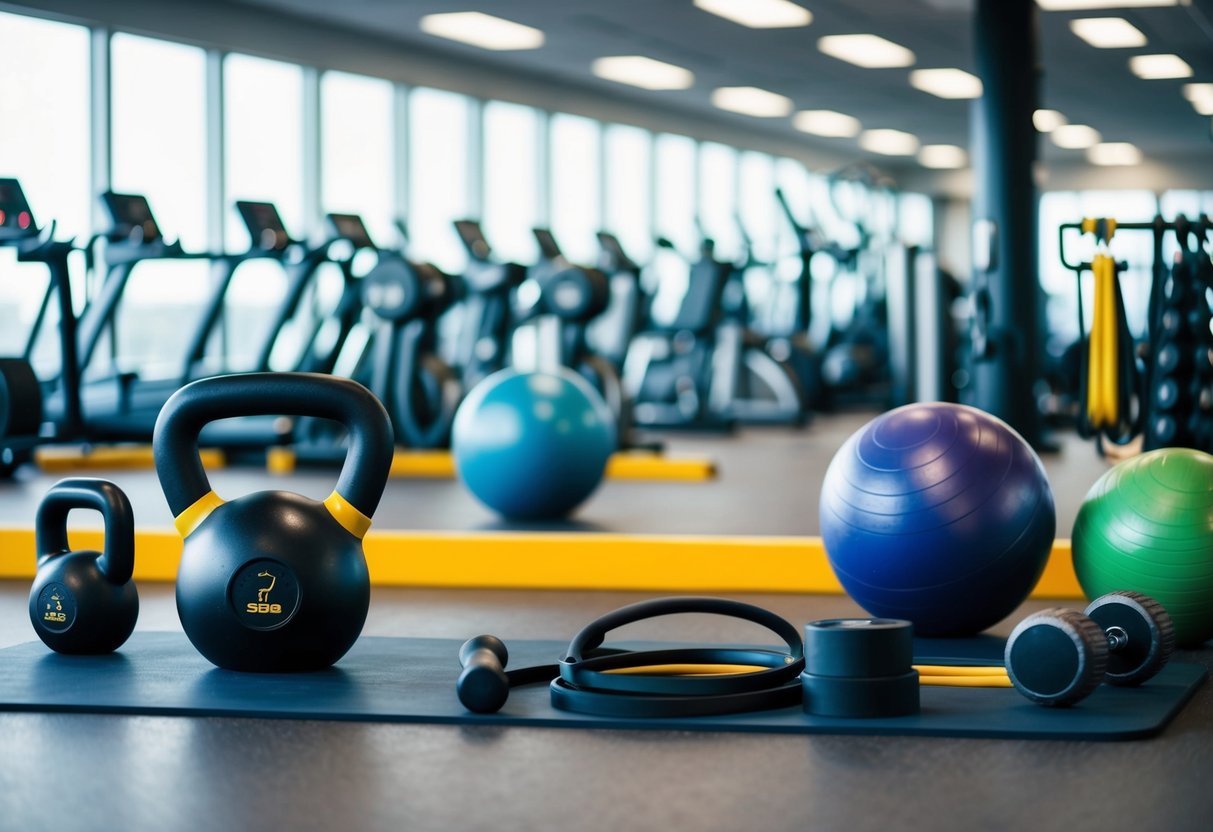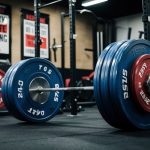
Functional Fitness for Injury Prevention
Functional fitness plays a crucial role in minimizing the risk of injury while promoting quality of life. By focusing on enhancing movement quality and incorporating specific exercises, individuals can improve posture and reduce instances of back pain.
Understanding Movement Quality
Movement quality refers to how efficiently and effectively the body performs various tasks. Assessing movement patterns helps detect imbalances or weaknesses that could lead to injuries. Poor posture is a common factor contributing to such problems.
Training programs emphasize maintaining proper alignment of the spine and joints during exercise. This alignment reduces strain on muscles and ligaments. Techniques such as core stabilization exercises are essential, as they support better posture and make everyday activities less taxing on the body.
Experts recommend a comprehensive assessment of an individual’s movement patterns. Such evaluations can identify areas needing improvement, ensuring a tailored approach to training that bolsters both performance and injury resistance.
Exercises for Reducing Risk of Injury
Several exercises focus on increasing flexibility, strength, and coordination. Functional exercises like squats, lunges, and plank variations are instrumental in enhancing overall stability and balance.
Regularly integrating stretching routines aids in maintaining flexibility, crucial for preventing muscle strains and joint issues. Strengthening the core not only supports the back but also improves overall posture, making daily movements more efficient.
Activities such as yoga or Pilates can complement traditional workouts, promoting controlled movements and conscious breathing. These practices not only improve physical performance but also contribute significantly to injury prevention, ensuring that the body functions optimally in various scenarios.
Nutrition and Recovery in Functional Fitness
Nutrition and recovery are central to enhancing performance in functional fitness. Proper nutrition fuels workouts, while recovery strategies, including rest and hydration, ensure athletes maintain peak performance.
Importance of Proper Nutrition
An individualized nutrition plan can significantly impact an athlete’s performance. Macronutrients—proteins, fats, and carbohydrates—are essential in varying proportions based on the athlete’s specific goals and training load. Balanced meals can optimize energy levels, muscle repair, and immune function.
Hydration is equally crucial, as adequate fluid intake supports metabolic processes and aids digestion. Timing also plays a critical role in this approach. Consuming carbohydrates and proteins post-exercise can aid in muscle recovery and glycogen replenishment, setting the stage for future training success.
Recovery Strategies for Functional Athletes
For any athlete, recovery is vital to sustain long-term performance improvements. Strategies such as incorporating rest days and active recovery sessions like yoga or light cardio can reduce fatigue and prevent overtraining. Sleep is another cornerstone of recovery, allowing the body to repair tissues and consolidate learning.
Additionally, techniques like foam rolling, massage, and stretching can alleviate muscle soreness. Athletes can also benefit from alternating training intensities throughout the week. Monitoring recovery through tools like heart rate variability can provide insight into readiness for subsequent workouts, supporting a holistic approach to fitness.



